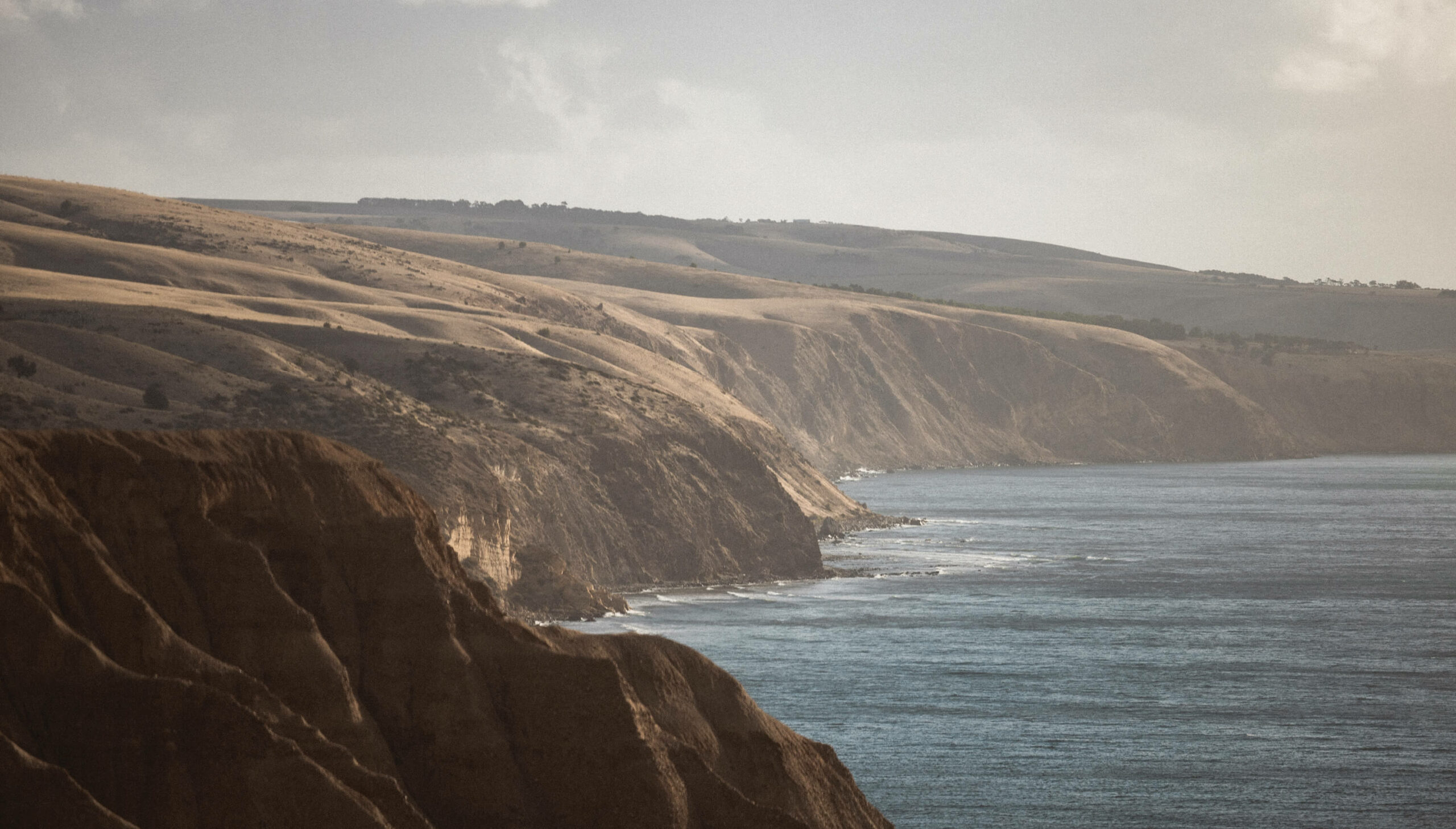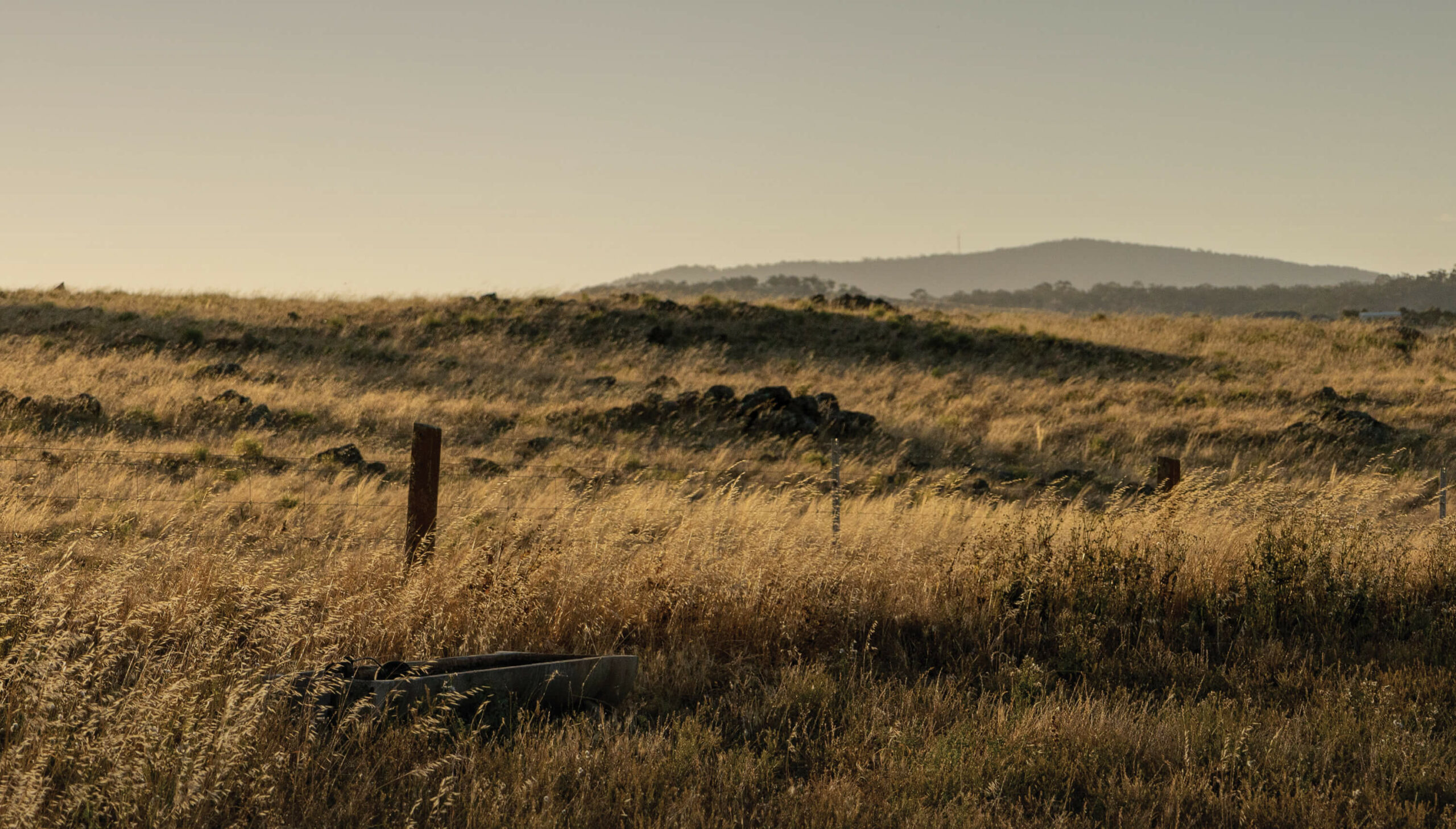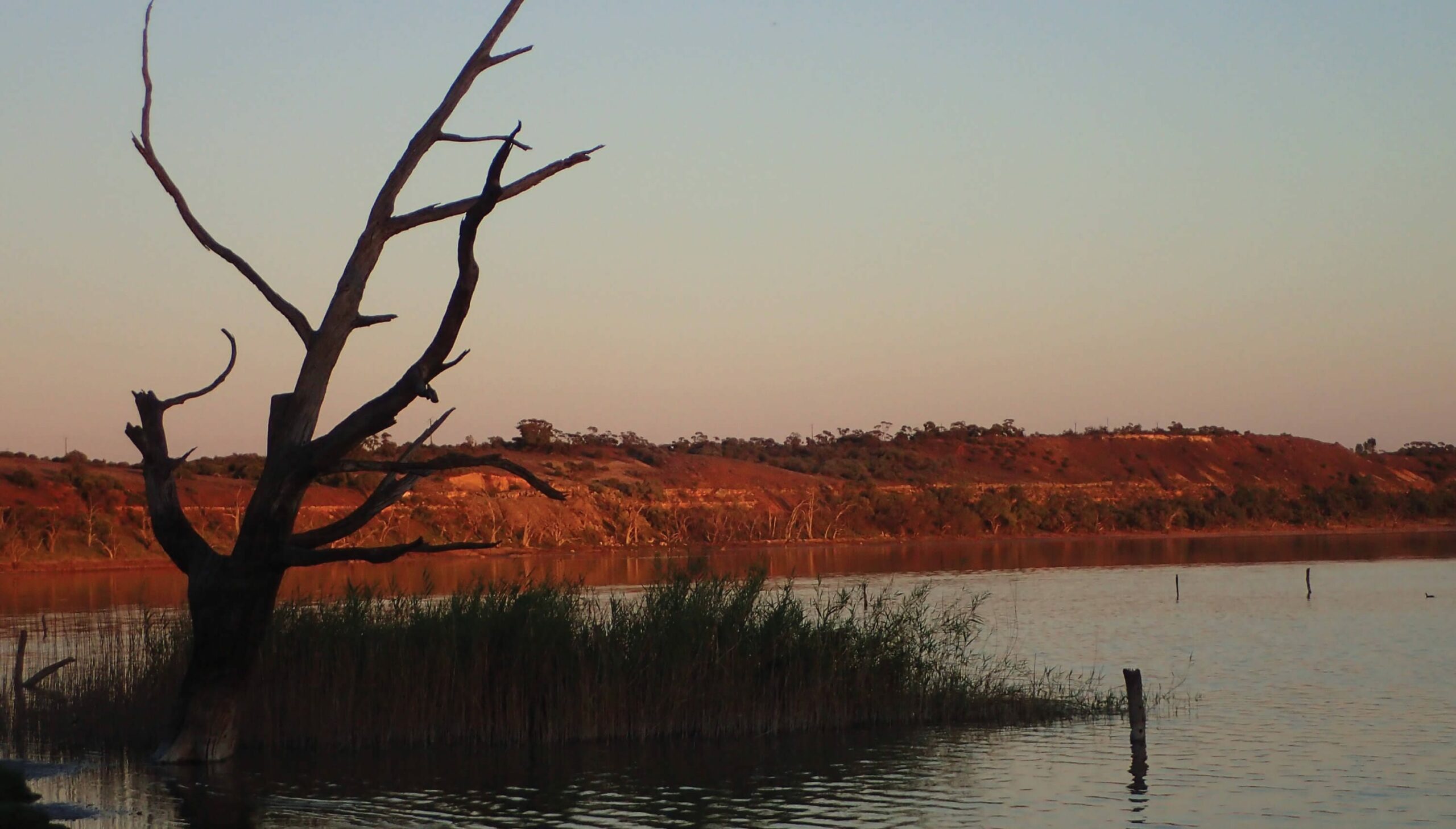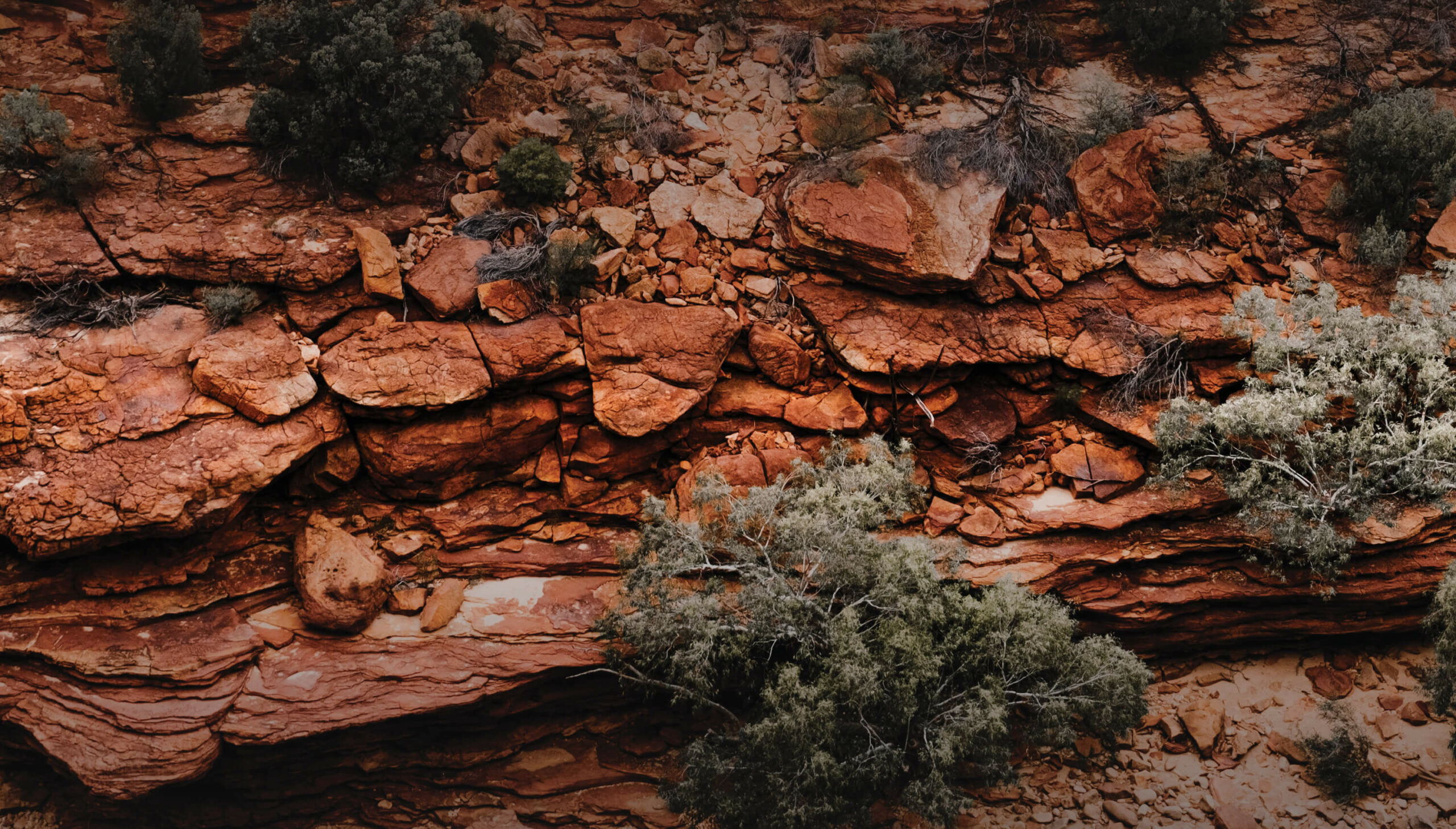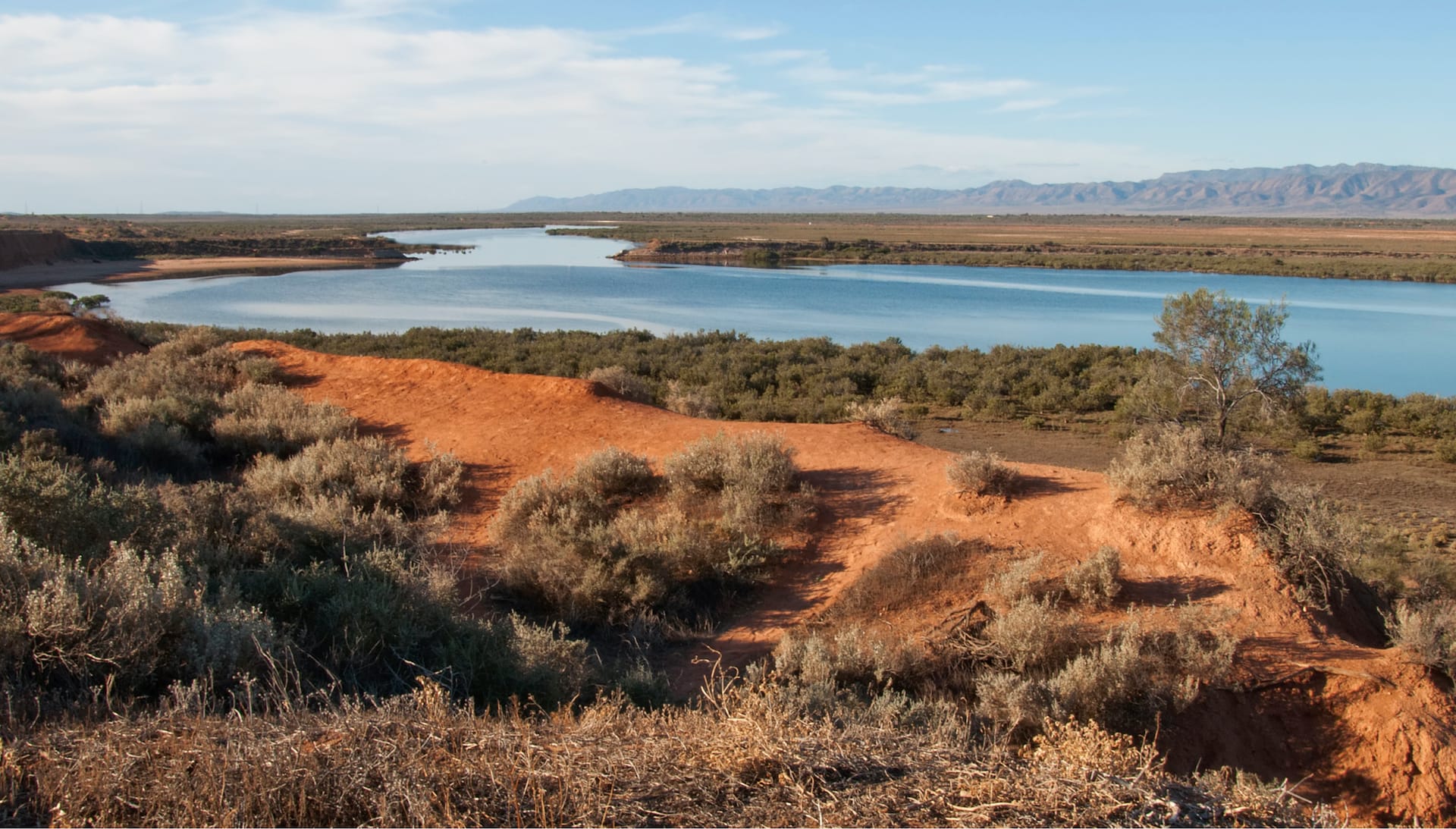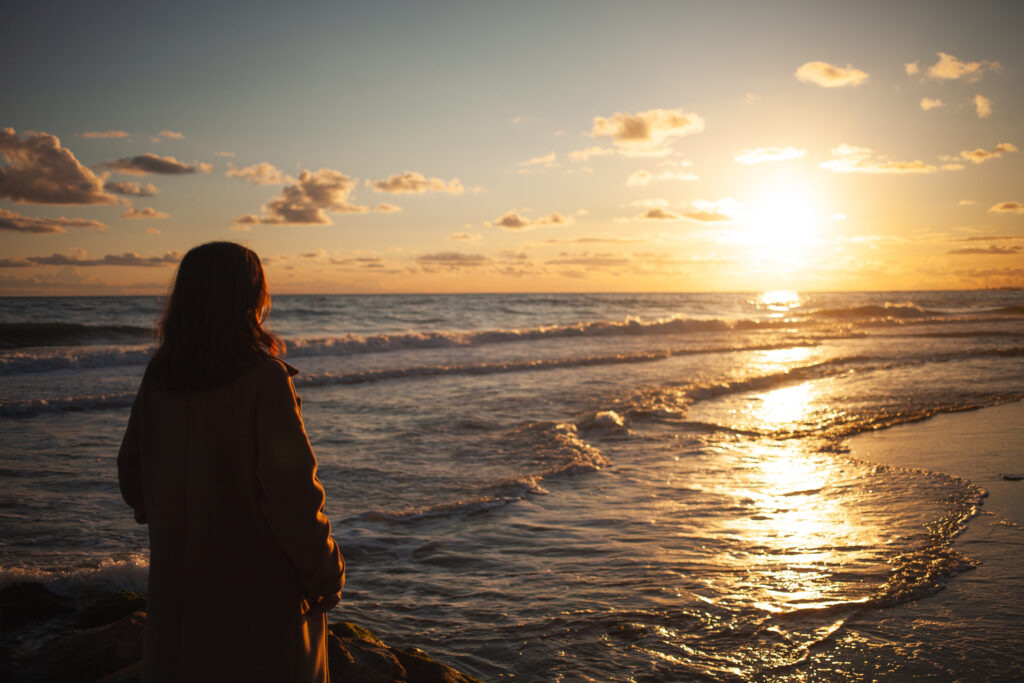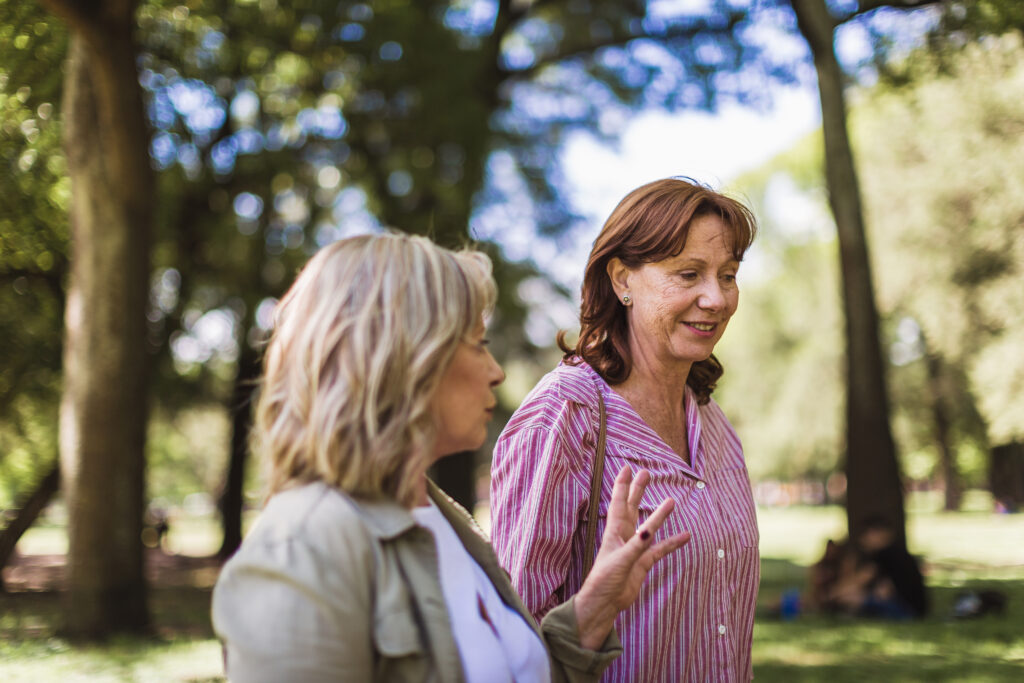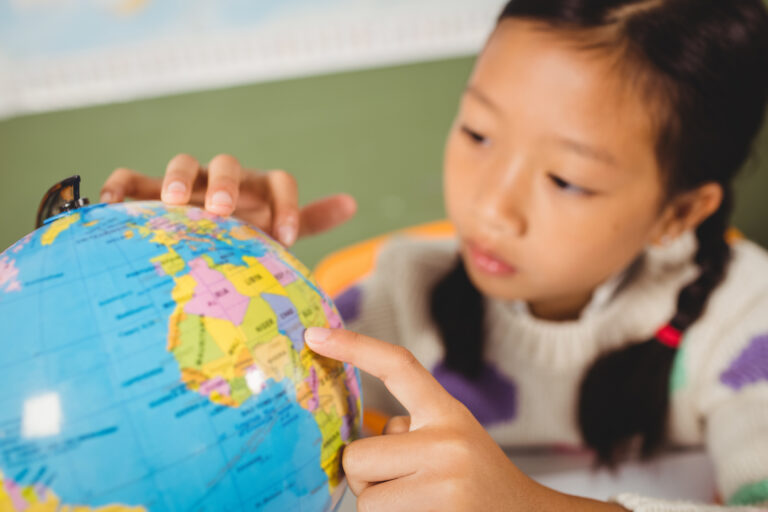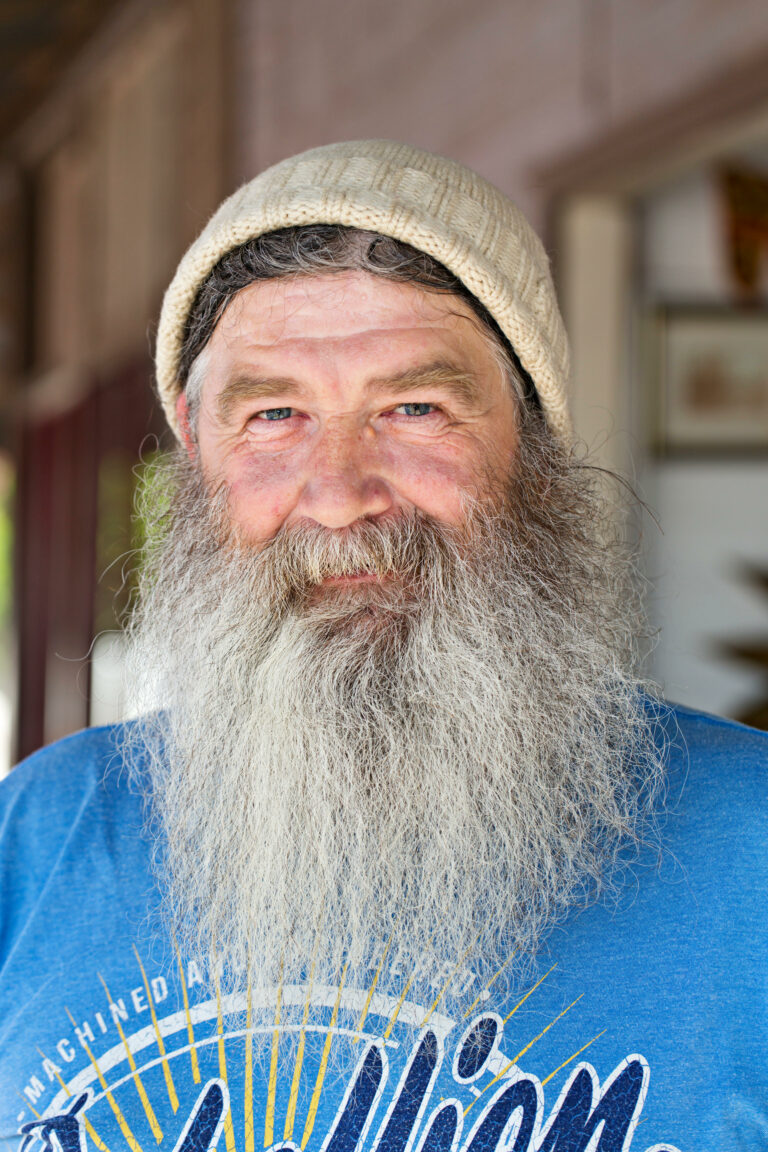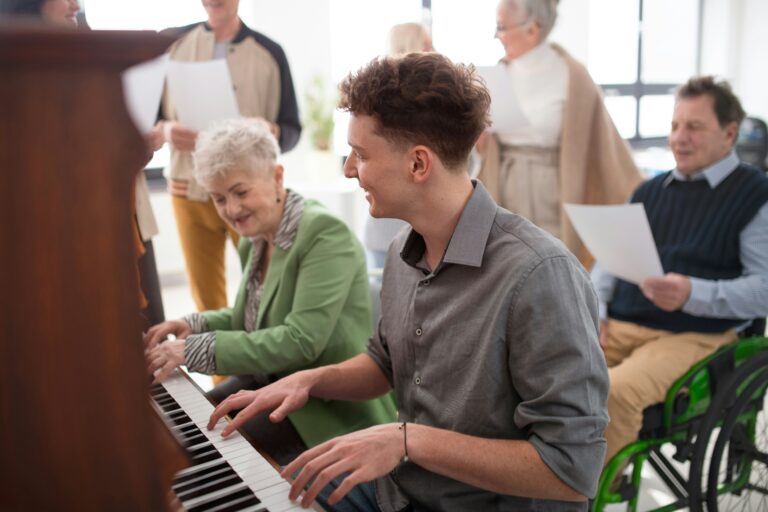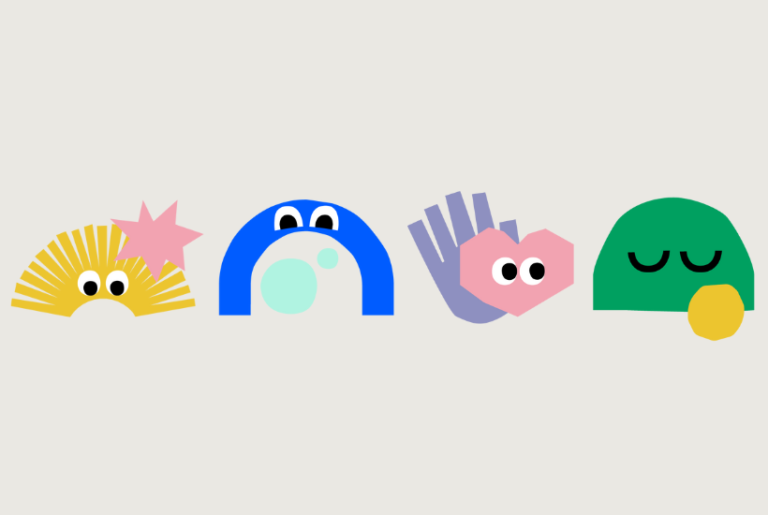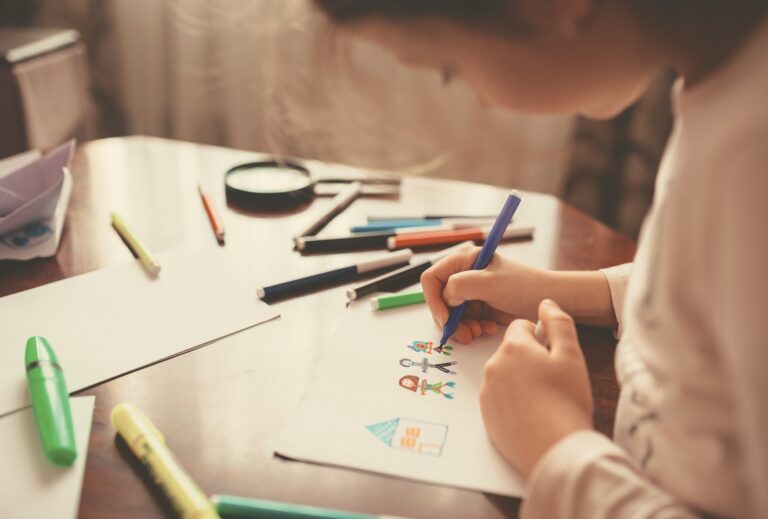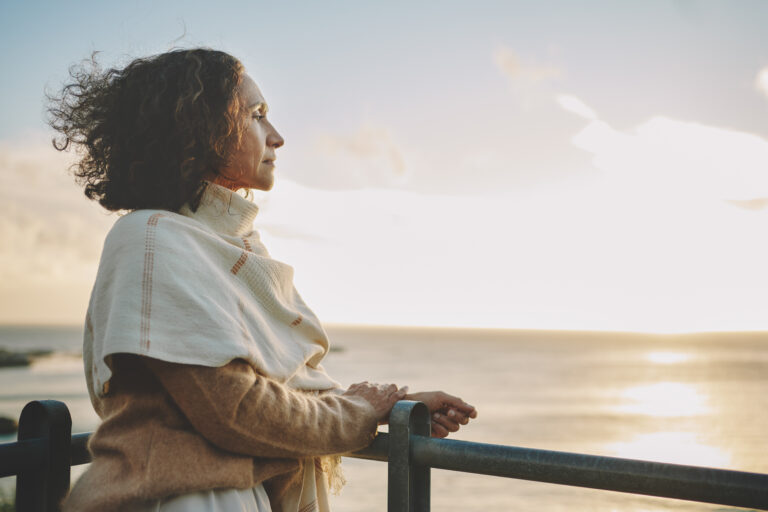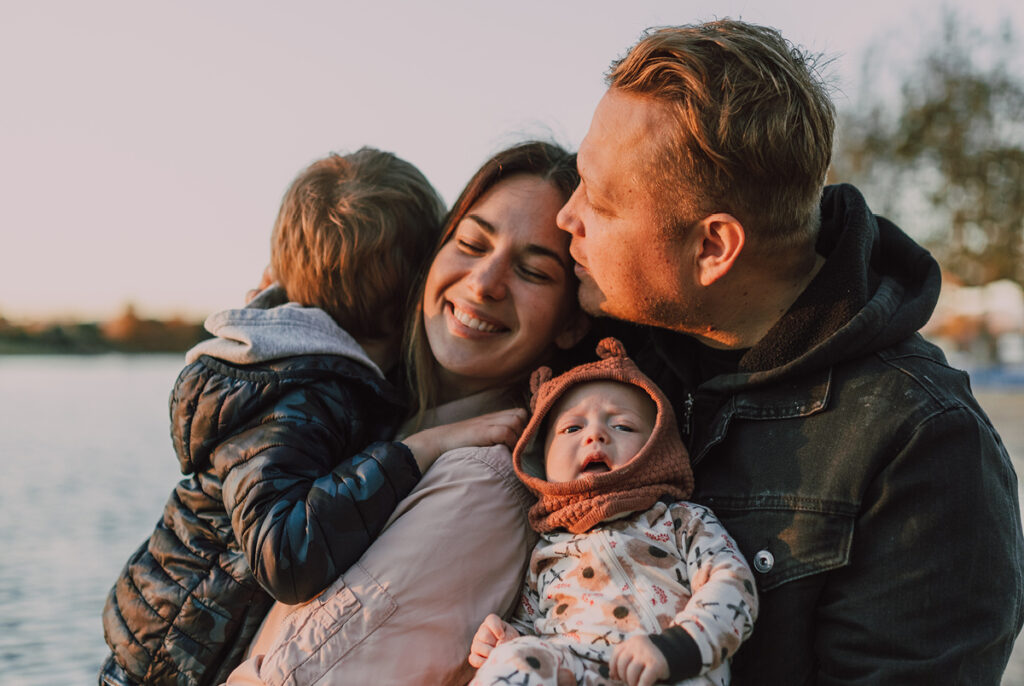Overview
Who It's For
FASS supports people affected by forced adoption where the birth and adoption took place in Australia. Support can be accessed in your state or territory, no matter where the adoption occurred.
How We Help
We provide therapeutic counselling, casework, emotional support, records tracing, assistance with family search and reunion, group activities, peer support, community grants and professional development.
What to Expect
Specialised services delivered by people who understand the unique challenges of forced adoption trauma and its impact across the lifespan.
Programs
Counselling, information and support with family search and reunion, and links to other relevant support and community networks; information and professional development for allied health and community workers; Small Grants Program.
Price
There is no cost for our support services.
Delivery Options
Face-to-face, telephone and telehealth counselling and group sessions during business hours. After-hours groups and sessions are available by appointment.
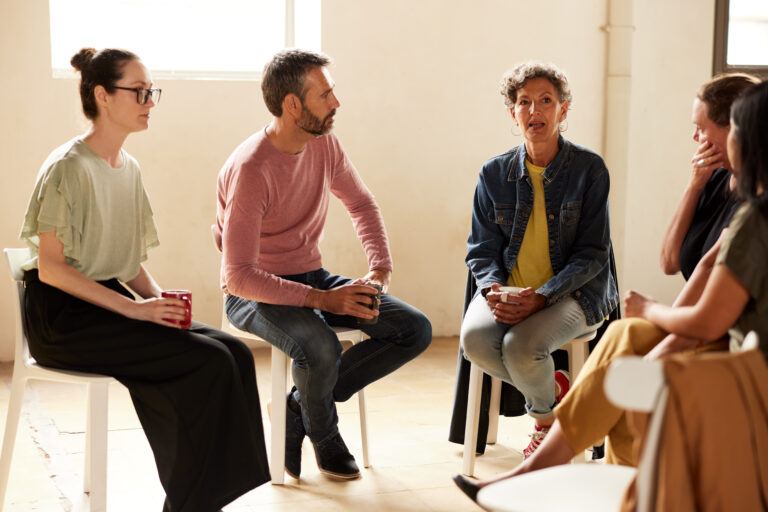
About the Small Grants Program
The Forced Adoption Support Service Small Grants Program is aimed at activities that build community capacity and enhance support for people affected by forced adoption.
Two rounds of funding are offered each year in February and July, with a maximum amount of $3000 available per application, with a total of $9000 per year.
For more information on the application criteria and current grant round requirements, please see the Program Guidelines.
Small Grants Program Updates
The following activities were funded in our latest Forced Adoptions Support Service Small Grants Program round, in July 2025.
- Arts based workshop for Mothers who have lost a child to adoption
- Printing of a new book of writings from Adoptees
- Healing workshops for adoptees ‘The Adoptee Healing and Connection Circle’
The February FASS Small Grant Round is now open. There is a total of $1000 available in this round.
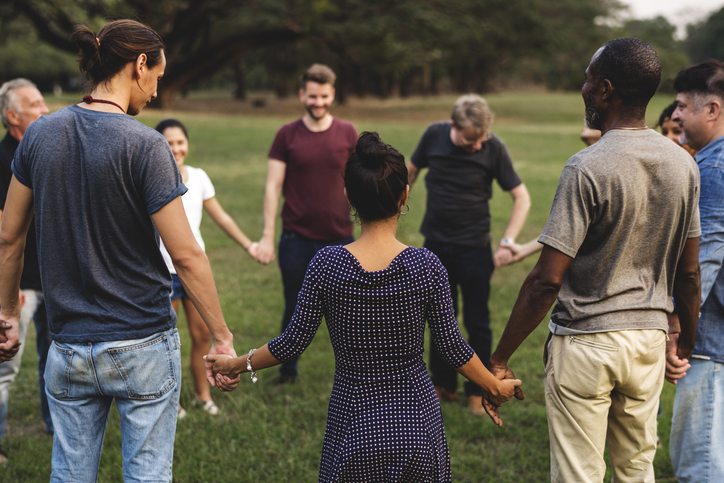
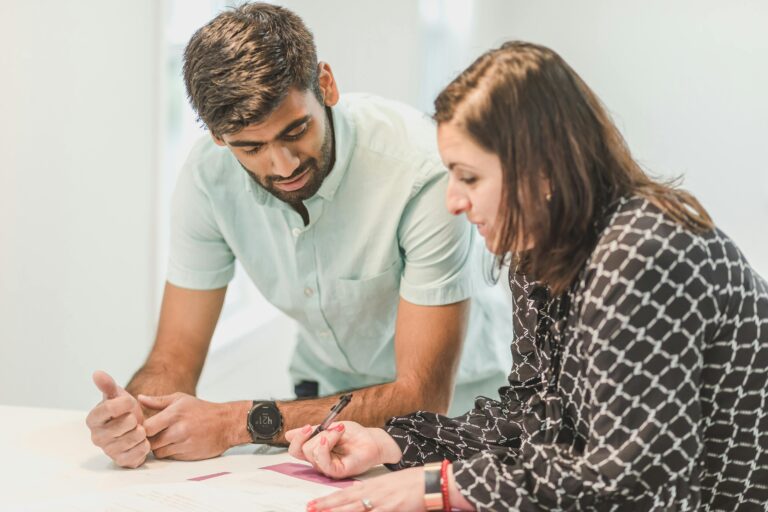
Information and Training for Professionals
We offer training for:
- Allied Health Professionals
- Community Groups
- Aged Care settings
New training available: Forced Adoption: Practical Skills and Awareness
The APS also has a training program for Forced Adoption.

Funding Acknowledgement
The Forced Adoption Support Service is funded by the Australian Government Department of Social Services
